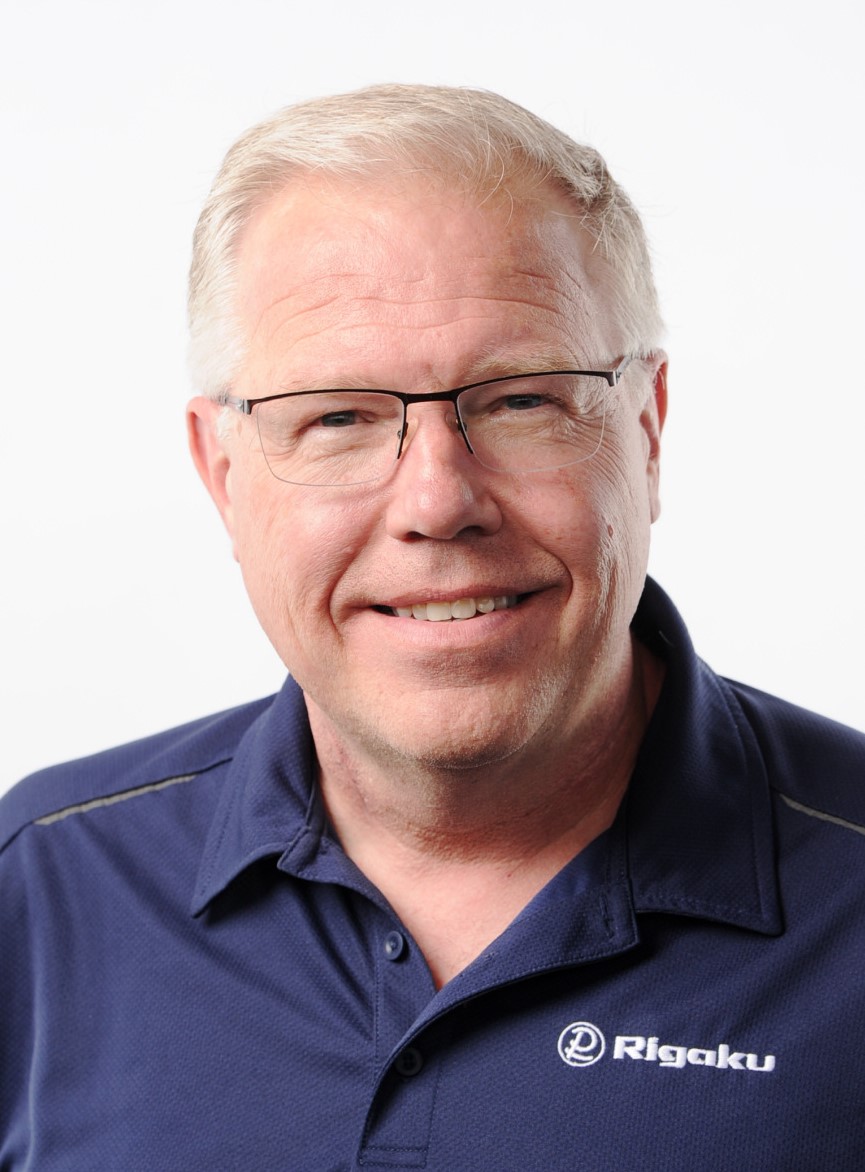Limitations of Current Production Scale Lithium Ion Batteries with Dr. Duke Shih of Itron Inc.
Listen to this episode on Spotify
This episode features Dr. Duke Shih. Duke is a materials scientist who specializes in electrochemical applications such as lithium-ion batteries and solid-oxide fuel cells. He also has expertise in the area of solid-state lithium-ion batteries. Duke is currently employed at Itron as a Principal Engineer, where he tests and characterizes different battery chemistries and advises on battery technology solutions for Itron smart meters and other products that demand extreme reliability and long life. Duke has a Ph.D. in Materials Engineering from Imperial College London.
Join us as we discuss
- What types of chemistries are needed to meet the Smart Meter product performance and reliability requirements
- The latest trends in the rechargeable battery space
- What is the potential of Sodium-Ion Batteries?
Listen below to Duke compare polymer and ceramic solid-state battery ideas.
Make sure you never miss an episode of The Battery Lab by subscribing to the show on Apple Podcasts, Spotify, or Google Podcasts. Tune in for more episodes of The Battery Lab.
Catch up on previous episodes.


